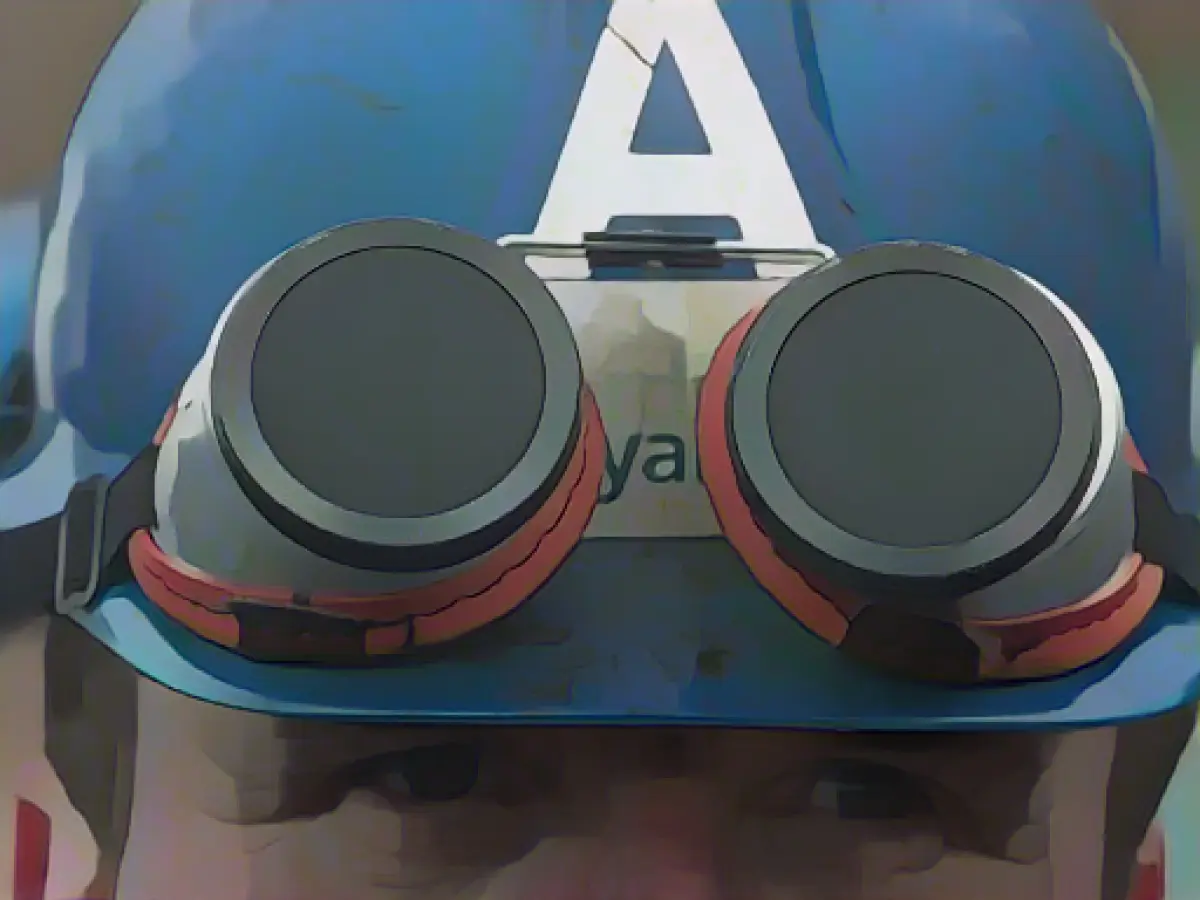Survey: Miserable mood in the northern German metal industry
According to a survey, the northern German metal and electrical industry sees difficult times ahead. "Never before have so many employers in the northern German metal and electrical industry been so dissatisfied with politics, the level of labor costs and the extent of the shortage of skilled workers, and never before have so many companies planned to relocate production abroad," said Thomas Piehler, Vice President of the employers' association Nordmetall, on Thursday. According to the information, 170 metal and electrical companies with almost 108,000 employees took part in the fall economic survey conducted by Nordmetall, AGV Nord and the Oldenburg and East Frisia employers' associations from September 14 to October 4. The companies came from Hamburg, Schleswig-Holstein, Mecklenburg-Western Pomerania, Bremen and north-western Lower Saxony.
According to the survey, 85 percent of respondents consider the high labor costs to be a heavy burden for the northern German metal and electrical industry. That is more than ever before. 71 percent rated the labor shortage as a significant negative factor. Around two thirds of companies also stated that the attractiveness of Germany as a business location had deteriorated over the past six months. This is the second-highest figure in seven years.
One in five companies (21%) are therefore now planning to relocate production abroad - an all-time high and a good five times more than ten years ago. "Unfortunately, we have to admit that de-industrialization is in full swing and can only be stopped if politicians finally make massive efforts to improve the very poor framework conditions immediately," emphasized Piehler. So far, the opposite seems to be the case from the companies' point of view. This is because 52% of companies rate new laws as aggravating economic factors - more than twice as many companies as in spring 2022.
In Piehler's opinion, politicians must finally take effective action to tackle the shortage of skilled workers, which has swollen into a labor crisis. "The previous immigration initiatives, support for refugees and the long-term unemployed or projects for more qualified school leavers are not enough." In addition, the obstruction of the transformation to cope with decarbonization, digitalization and demographic change must stop.
According to the survey, 28% of companies now rate their business situation as poor or unsatisfactory - twice as many as this spring. At the same time, around a third are complaining about too few orders - almost three times more than in spring. As a result, only twelve percent of companies expect their business situation to improve in the coming six months, while 27 percent expect it to deteriorate. Vehicle manufacturers and producers of metal products were particularly pessimistic about the future, with more than 40% of companies expecting a negative development.
Accordingly, only just under a third of the companies surveyed intend to increase the number of employees in the next three months. In spring, this figure was still 46%. At the same time, the proportion of companies planning to reduce the number of employees rose from 11% to 17%. However, according to the survey, the bottom line is still an increase in employment, which around a third of companies now want to fill with people over the age of 50 due to the shortage of skilled workers. The expected 1200 new hires would be offset by a good 200 job cuts.
The economic situation in the northern German metal industry is deteriorating, as indicated by the survey results, with 85% of respondents citing high labor costs as a significant burden and 71% rating the labor shortage as a negative factor. The metal industry's dissatisfaction with politics and business location attractiveness is also at an all-time high, leading to an increase in companies planning to relocate production abroad, up to 21%.
Source: www.dpa.com








